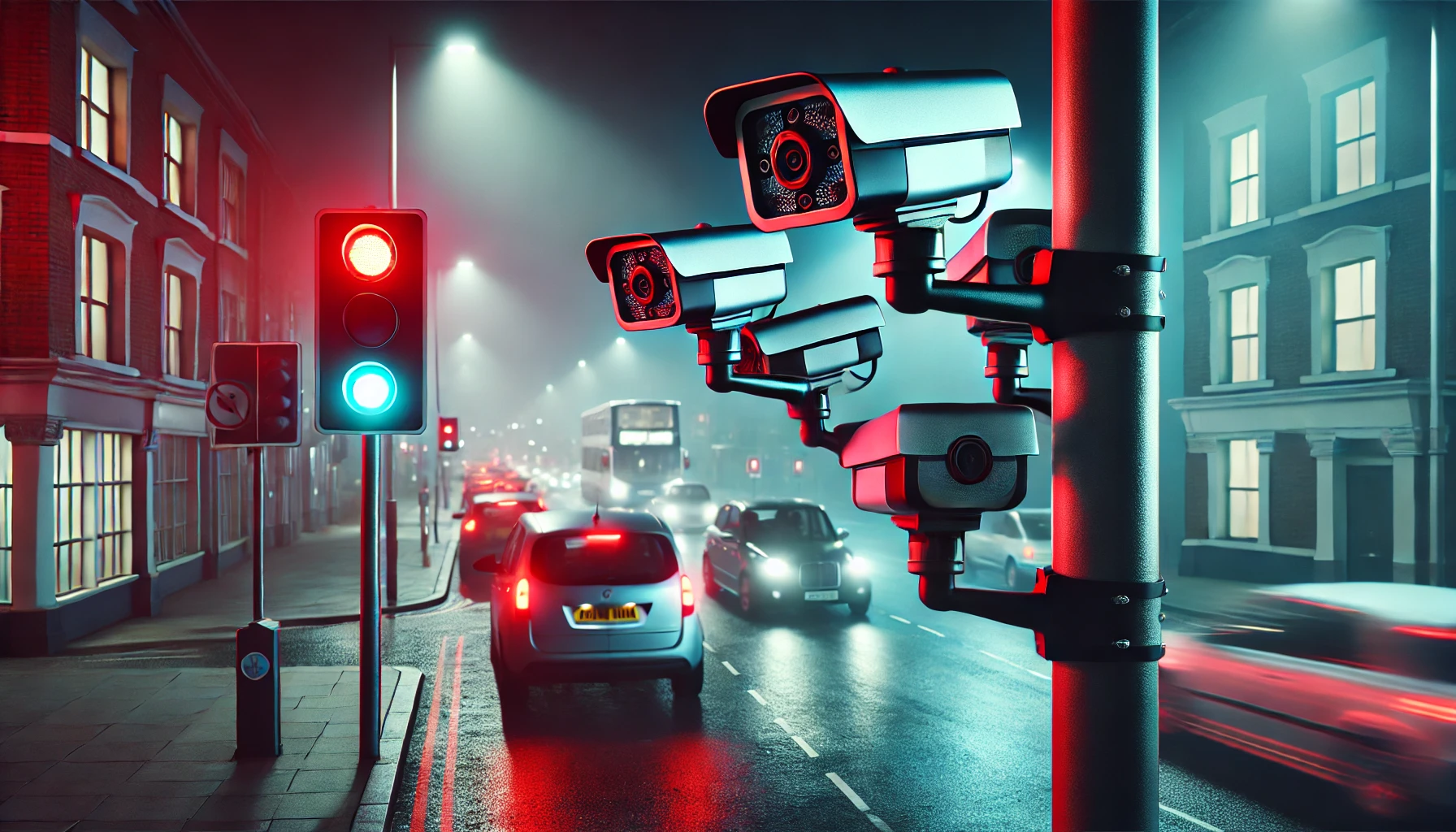AI cameras set to catch UK drivers using phones and not wearing seatbelts
Starting September 3rd, Greater Manchester in the UK will become the latest region to deploy AI cameras to automatically detect drivers using mobile phones or not wearing seatbelts. The “Heads Up” cameras, developed by Australian company Acusensus, use machine learning algorithms to analyze images of passing vehicles. The goal is to identify driving offenses at a scale and precision not possible without AI automation. Transport for Greater Manchester (TfGM) is confident that this technology will help reduce dangerous driving practices that contribute to crashes. “In Greater Manchester, we know that distractions and not wearing seatbelts are key factors in a The post AI cameras set to catch UK drivers using phones and not wearing seatbelts appeared first on DailyAI.

Starting September 3rd, Greater Manchester in the UK will become the latest region to deploy AI cameras to automatically detect drivers using mobile phones or not wearing seatbelts.
The “Heads Up” cameras, developed by Australian company Acusensus, use machine learning algorithms to analyze images of passing vehicles.
The goal is to identify driving offenses at a scale and precision not possible without AI automation.
Transport for Greater Manchester (TfGM) is confident that this technology will help reduce dangerous driving practices that contribute to crashes.
“In Greater Manchester, we know that distractions and not wearing seatbelts are key factors in a number of road traffic collisions which have resulted in people being killed or seriously injured,” said Peter Boulton, TfGM’s network director for highways.
“By utilising this state-of-the-art technology provided by Acusensus, we hope to gain a better understanding of how many drivers break the law in this way, whilst also helping to reduce these dangerous driving practices and make our roads safer for everyone.”
The trial is part of a wider partnership between Acusensus and the UK government’s National Highways agency.
In addition to Greater Manchester, the AI cameras will be deployed in nine other regions: Durham, Humberside, Staffordshire, West Mercia, Northamptonshire, Wiltshire, Norfolk, Thames Valley, and Sussex.
Rolling out more AI cameras won’t just help police catch and punish problem drivers – it could also be a cash cow for the government. More tickets means more money in public coffers.
How the cameras work
Acusensus’ system captures two images of each passing vehicle: a shallow-angle shot to check for seatbelt compliance and phone use and a wider angle to detect other risky behaviors, like texting.
The AI software then analyzes the images to identify potential offenses flagged for human review before any penalties are issued.
The driver receives a warning or fine if the human check confirms an offense. If no offense is found, Acusensus says the image is immediately deleted.
Past pilots proved how effective these camera systems are. Last year, in Devon and Cornwall, an AI camera system revealed 117 instances of mobile phone usage and 180 seat belt violations in just 72 hours.
While the goals of reducing distracted driving and increasing seatbelt use are commendable, the UK’s drive towards a new system of AI surveillance technology is generating a privacy backlash.
Specifically, some are concerned about the potential for misidentification, bias, and misuse of the data collected – the potential risks of which have already been exposed by past AI policing programs.
“The rollout and normalisation of AI surveillance in these public spaces, without much consultation and conversation, is quite a concerning step,” said Jake Hurfurt, head of research at UK civil liberties group Big Brother Watch, in response to earlier revelations that UK train stations had also been testing emotion-detecting AI cameras.
In addition to the rail station trials that sought to analyze age, gender, and emotions, UK police have started using live facial recognition to scan crowds for wanted individuals, leading to dozens of arrests.
As AI-powered surveillance is becoming a new normal, striking the right balance between public safety benefits and risks to privacy and civil liberties will be exceptionally tough.
It’s hardly comfortable to have AI cameras peer into people’s lives, but most would attest that way too many drivers are still playing on their phones behind the wheel.
If the AI system can demonstrably save lives, that might sway skeptics. However, the onus will be on authorities to prove the technology’s effectiveness and ensure rock-solid data protection measures are in place.
Of course, the public deserves to know exactly how their data is being collected, used, and safeguarded.
After all, people have no real choice about opting into such systems. They’re becoming a condition for using public services.
The post AI cameras set to catch UK drivers using phones and not wearing seatbelts appeared first on DailyAI.























